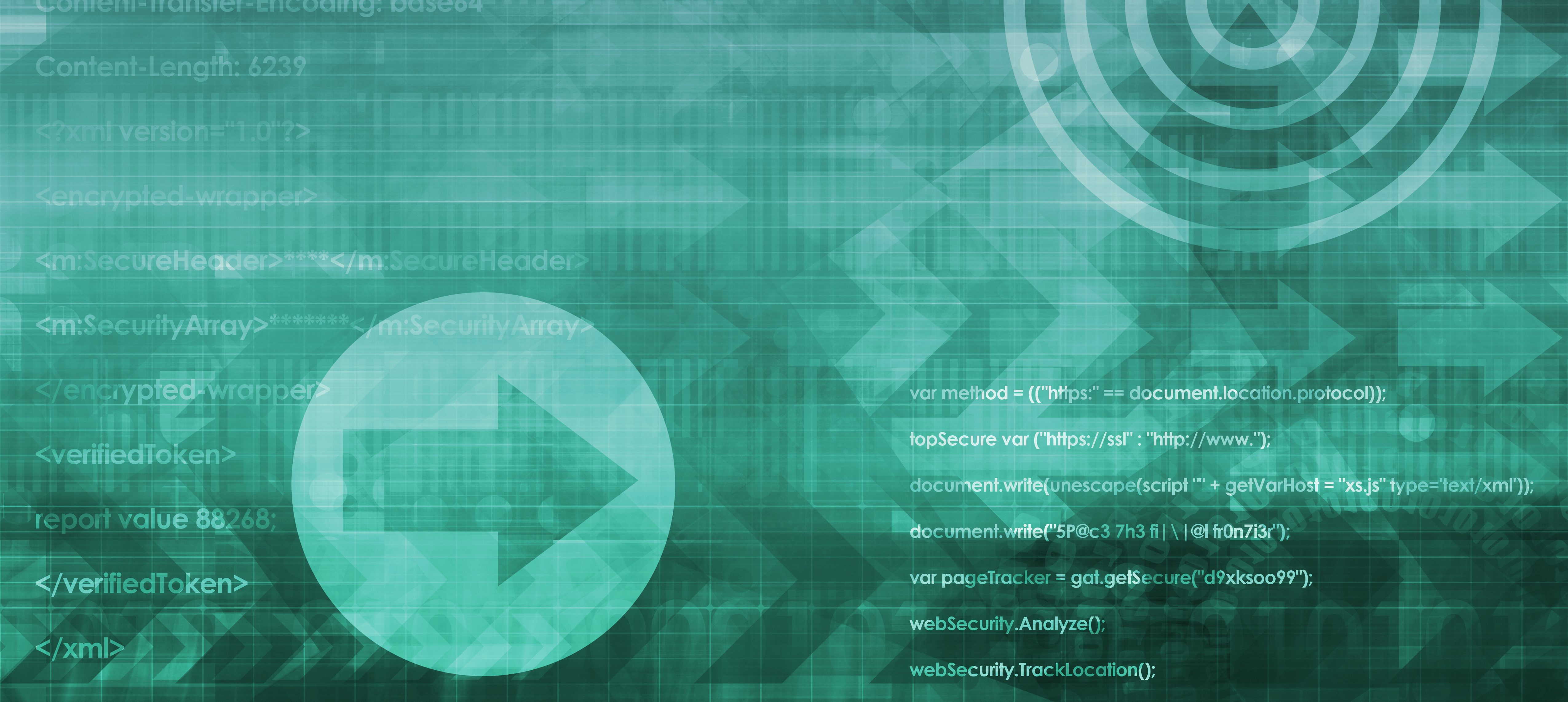![]()
In democratic countries, there are several elements that promote better political and social environments. Society participation is fundamental to achieving high levels of democracy, fostering an environment to create better policies and services.
In terms of information technologies, there is a basic and fundamental tool that contributes to the trust of citizens in the neutrality and reliability of public administration. This tool is open government.
Open government means having data available for public scrutiny in different media and accessible in different ways in order to achieve high levels of transparency.
This also means, creation of mechanisms to use the data to make analysis in economic, social, construction, accountability, and other items of government spending and investment.
Open government involves applying processes and policies of open data and big data to government activities trying to make the operation of agencies more visible for citizens. This implies the opening of public data to citizens and companies for their use with the objective to generate wealth, welfare and optimize the administrative processes of people and organizations.
Another aspect that must be covered by open government data is making sure the information is presentable, accessible and usable. It is desirable for the available data to be rich in content and can be shown in formats that the common user can handle. Presenting data in a difficult manner is not what the philosophy that openness is looking for.
What kind of information should be provided by an open government?
Transparency in accountability, economy, legality, and administration are desirable. Providing access to that kind of data will play an important role to guarantee citizens access to information generated in the course of government activity. This is a fundamental element to create credibility and trust, and contribute to democracy.
How can we create an open data government?
It will be necessary to have information systems, unified databases (big data), quality information management processes and a group of IT professionals dedicated to creating the appropriate infrastructure to make digital files available and accessible for the community. Yes this means efforts to justify large investments, but also the selection and integration of a team of professionals with the knowledge and resources to elaborate the open government platform. The more popular resource for sharing it is a portal where we make the selected data available to citizens. That portal must meet the usability and accessibility principles.
It is also necessary to organize a group of data analysis experts to select, organize and prepare the data that will be available. This is a hard work, considering the large amount of information generated by the government in all of its activities. It is important to point out that creating excessive and unclassified information does not represent what is sought with an open government. That’s the reason why it is essential to establish appropriate mechanisms to determine what data can be made available. Classification, updating, conservation, information quality control, information architecture, information analysis and usability of data created, are some of the many tasks this team will have to perform.
Finally, we must be aware that collaboration between government agencies is indispensable. Government information cannot be considered complete if there is an empty space on one of the many activities done. This is one of the most difficult parts in the creation of open government. You need the commitment of the senior managers, starting at the very top of the organization pyramid, for creating this data structures and cooperate to share the information required in the exact form, quantity and time.
In these kind of projects, the political aspect should be set aside and the transparency of government should be prioritized as a way to achieve better levels of acceptance and trust. Democracy must be revalidated and information technologies have a fundamental role in this. Use the modern technological tools to create better societies is one of the dreams of any of us working in this field. Contribute with our knowledge and passion for making most efficient governments and giving the citizenship the opportunity of evaluate their public agencies it is a great satisfaction in both, professional and personal aspect.
We all know the benefits of open systems, open is a very popular word these days, open source, open protocols, etc. the justification is that with many eyes on the source there will be less bugs, why not carry this concept to our government? With many eyes looking at the data the government produces (which is data we produce by the way) we all share responsibility of how we want our society to be ran.
Sergio Yorick is part of the GovLoop Featured Blogger program, where we feature blog posts by government voices from all across the country (and world!). To see more Featured Blogger posts, click here.





Leave a Reply
You must be logged in to post a comment.